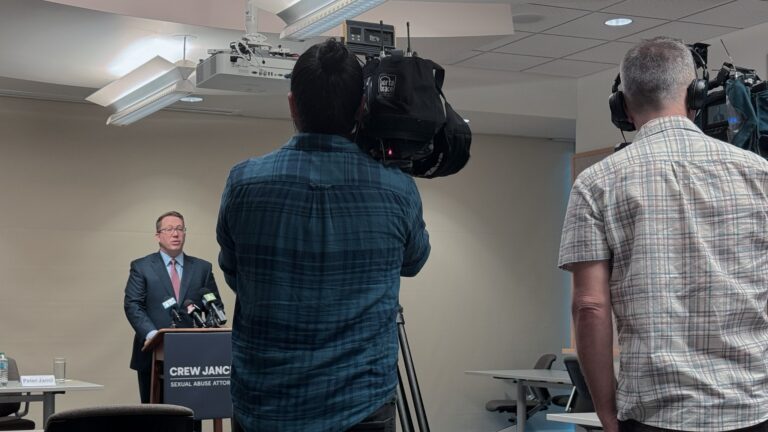How to Support a Loved One in a Legal Case – 8 Things You Can Do
When someone you care about is involved in a legal case it can be hard to know what to do or say. The process is often long, emotionally intense, and full of unknowns. But your support? That can make all the difference.
At Crew Janci LLP, we’ve worked with many survivors and their families as they seek healing and justice. This guide is here to help you walk alongside your loved one with empathy, strength, and care. Here are 8 things you can do for support.
1. Understand What They’re Going Through
Survivors of abuse often grapple with a complex mix of emotions: fear, shame, guilt, anger, confusion, and even self-doubt. When the legal process begins, these feelings can intensify.
What you can do:
-
- Just listen. Let them talk, or sit in silence, without trying to fix things. Your presence says a lot.
-
- Reassure them. Reminding them “I believe you” or “you’re not alone in this” can offer real comfort.
-
- Let them take the lead. Don’t push them to act faster or share more than they want. Healing and legal choices are deeply personal.
According to the National Child Traumatic Stress Network, support from trusted family and friends significantly improves a survivor’s ability to heal from trauma and pursue justice.
2. Learn a Little About the Legal Process
Understanding the legal steps ahead can help you better support your loved one. Legal cases involving survivors of sexual abuse, particularly against institutions like the LDS Church or the Oregon Youth Authority (OYA), can be complex.
What you can do:
-
- Get familiar with the basics. Understanding the general steps (like filing a claim, discovery, depositions, and possibly trial) can help reduce anxiety about what’s ahead.
-
- Find a survivor-centered law firm. Not all attorneys understand the trauma side of things. Firms like Crew Janci LLP are trained to handle these cases with care.
-
- Ask how you can support them. Something as simple as, “Do you want me to come with you?” or “What would help you feel more supported this week?” can open the door to meaningful support.
At Crew Janci, we specialize in helping survivors bring claims against powerful institutions that knowingly allowed, permitted, or encouraged abuse. Our team explains each stage of the legal process clearly and compassionately, so no one feels left in the dark.
For a survivor, even filing a lawsuit can be emotionally exhausting. Your understanding and patience during this time can be a powerful source of strength.
3. Respect Their Privacy
Legal cases involving abuse are deeply personal. Survivors may worry about judgment, stigma, or retaliation, especially when cases involve community institutions like churches or schools.
What you can do:
-
- Keep things confidential. If they share something with you, keep it confidential unless they say otherwise.
-
- Don’t tell their story for them. Even if you’re trying to help, it’s important they decide when, how, and with whom to share their experience.
-
- Let them set the pace. Survivors have already had control taken from them. Giving it back can be a huge part of healing.
4. Help with the Day-to-Day Stuff
In addition to emotional backing, your loved one may need help with everyday tasks that become overwhelming during a legal case.
What you can do:
-
- Be a steady presence. Offer to sit with them before or after legal meetings. If you can’t be there physically, a quick check-in call or text can mean a lot.
-
- Pitch in. Help with errands, meals, childcare, or rides to appointments, anything that makes life a little easier.
-
- Stay organized. If they’re open to it, help keep track of documents or important dates.
-
- Create moments of calm. Whether it’s a favorite movie or a walk outside, remind them that life isn’t only about the case.
Sometimes, the most meaningful gestures are the simplest. A ride to the courthouse or a comforting meal can remind a survivor they are not alone.
5. Trust the Process (Even When It’s Slow)
Legal cases, especially those involving sexual abuse in institutions like the LDS Church or OYA, can take months or even years. Delays, depositions, and negotiations are all part of the journey.
What might feel like a frustrating pause is often a strategic move by the legal team. Crew Janci LLP is committed to protecting survivors’ rights while pursuing the most effective legal outcomes possible.
What you can do:
-
- Be patient. Delays are normal, even when they’re frustrating. Try to remind your loved one (and yourself) that this is part of the process.
-
- Stick around. Keep showing up, even when things get hard or slow. Your unwavering support matters.
-
- Celebrate progress. Whether it’s getting through a tough meeting or making it to the next step in the case, these moments deserve recognition.
6. Encourage Professional Support
Many survivors benefit from therapy, counseling, or support groups. Healing from trauma is not something anyone should have to do alone.
What you can do:
-
- Gently suggest they talk to a therapist. Look for someone who specializes in trauma or abuse recovery.
-
- Help them explore resources. National groups like RAINN or local organizations often have free, confidential help.
-
- Remind them it’s okay to need help. Healing isn’t something anyone has to do alone.
At Crew Janci, our attorneys are not only legal advocates, they are compassionate allies who understand the emotional toll of confronting trauma.
7. Take Care of Yourself, Too
Supporting someone through a legal case can take a toll. It’s okay to feel the weight of it sometimes.
What you can do:
-
- Check in with yourself. Your feelings are valid, too. Don’t ignore them.
-
- Find your own support. Talk to someone you trust or even see a therapist yourself. You deserve space to process, too.
-
- Set boundaries if needed. You can be supportive without burning out. Sometimes that means saying, “I’m here for you, but I also need to rest today.”
The best way to support your loved one is to show up as your healthiest self.
8. Know When to Bring in Legal Help
If your loved one hasn’t already spoken with a lawyer, encouraging them to connect with one can be an important step.
What you can do:
-
- Suggest a consultation. Reassure them they’re not committing to anything by talking to a lawyer, it’s just a first step.
-
- Help them research. Look for attorneys with experience in sexual abuse or institutional abuse cases. Crew Janci LLP has helped many survivors take on powerful institutions.
-
- Offer to go with them. Sometimes just being in the room makes things feel less overwhelming.
Whether your loved one was harmed by a religious institution, youth correctional facility, school, or community organization, our firm is here to help.
Final Thoughts: Your Support Matters
Being there for someone during a legal case isn’t always easy. But it can be life-changing. You don’t have to have all the answers, just showing up, staying kind, and reminding them they’re not alone can make a world of difference.
If your loved one needs legal guidance, we’re here to help. Contact Crew Janci LLP for a confidential, no-pressure consultation.
Together, we can pursue justice, healing, and long-term change, one step at a time.
Contact us in Oregon today!
9755 SW Barnes Road, Suite 430, Portland, Oregon 97225 (888) 407-0224 info@crewjanci.com For any questions, Submit Our Confidential Form.
Empowering Change
Related Resources
are here to guide and empower you or someone you care about.
Don’t face this alone.






























